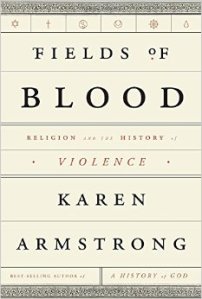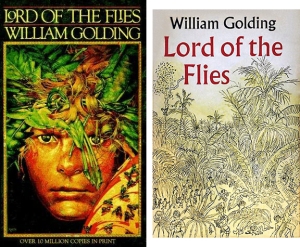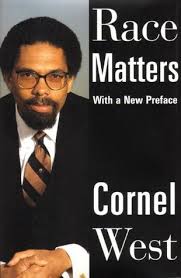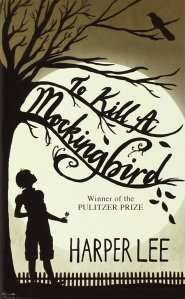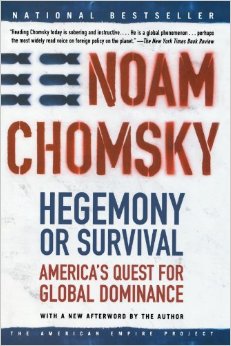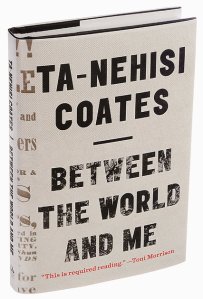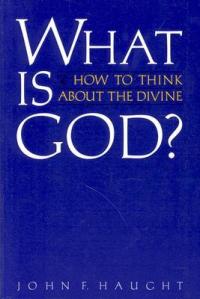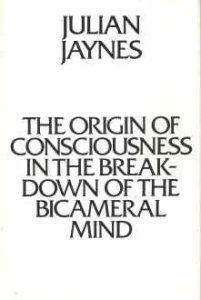 Julian Jaynes book created a stir when it came out in 1976. That has essentially not changed. It remains controversial but most agree that at it’s worst, it has sparked investigation in several new areas that he pointed to, as well as creating an atmosphere of interdisciplinary interaction as he touches upon so contributing factors which relate to archaeology, anthropology, linguistics, neurology, psychiatry, and so forth.
Julian Jaynes book created a stir when it came out in 1976. That has essentially not changed. It remains controversial but most agree that at it’s worst, it has sparked investigation in several new areas that he pointed to, as well as creating an atmosphere of interdisciplinary interaction as he touches upon so contributing factors which relate to archaeology, anthropology, linguistics, neurology, psychiatry, and so forth.
There was always anticipated a second book that would flesh out even more of the theory, but unfortunately Jaynes died in 1997.
In a nutshell, Jaynes as offered up the unique hypothesis that human beings did not obtain consciousness until much much later than thought. While historically, the importance of consciousness cannot be denied, the very idea that some of the great works of architecture, the great civilizations of the past were built by men and women who had no sense yet of “I” or “self”. They were unable to narrate a “story” of themselves in time, relating to past, present and future.
How is this possible?
Drawing largely on the Odyssey and Illiad as examples of what he calls the bicameral mind, he pursues a course of argument that until about two thousand years ago, (give or take), we were guided by the voices we heard which emanated from our own brains. We of course, did not see it as such, but rather considered the voices from coming outside ourselves, urging us forward in whatever task was at hand.
The voices were defined as “gods” and for much of the building of the great civilizations of the Middle East these voices directed the work. Eventually the voices began to abate, requiring more work to bring them forth. Oracles and prophets replaced the average person as the “voice” through which the gods spoke.
Jaynes finds that the schizophrenic and their hallucinations (usually auditory) reflect the remnants of this bicameralism. He notes the similarities in the experiences of schizophrenics and those words and descriptions used by ancient writers who wrote down the stories of the gods commands and the activities that ensured as a result.
These are concepts hard to wrap one’s mind around. We take self-awareness for granted. It is hard to understand what goes on in a mind that is not self-aware, much as we wonder about how our dogs and cats “think” when they clearly are not aware of themselves as separate beings.
Jaynes makes it clear that language is a necessity to the conscious mind, and that language can be shown to have adapted over time, as humans found the need for words that involved reflection, and choice, and issues that reflect the new-found adoption of “free will.” For humans in the bicameral age were not free to do as they wished, they were beholden to the wishes of the “voices” that directed their lives.
Jaynes posits that this is how the pyramids were built and other great monolithic examples of human building. Men who have no concept of individuality don’t have the emotions nor responses to bodily needs as we do. They have no real personal concept of “being tired”, so much as they go until they can go no more and stop until they can go on.
The problem I had with understanding had to do with the idea that if the voices come from one’s own head, how is it that say, large groups all hear the same thing? For bicameral man responds to war the same as he does building. He obeys. Jaynes offered as far as I could see no explanation for this.
Still the theory is tantalizing and according to him explains the data.
Given the age of the work, I was curious as to how it is now received. As best I can tell, the jury is still out. Parts of Jaynes theories seem to hold up well, now thirty years later. Others perhaps not so well. It has sparked the interdisciplinary work that Jaynes hoped for. And bicameralism is still considered a fairly good explanation of the data.
When it comes to the physiological explanations that Jaynes imposes upon brain organization, perhaps it has not fared so well, but no one to mind research seriously has concluded that he is wrong.
Scepticism of this work leads to the constantly heard refrain, “it’s probably not true, but it could be”.When you get down to it, one is left with the notion that “he is on to something” but no one is quite sure what that is. Given the uniqueness of his hypothesis, this is no small feat all these years later, especially given the advances in biology and physiology.
It is fascinating to say the least, offering a fresh look at the “historical” documents of the past. As someone interested in biblical exegesis, Jaynes framework adds a new dimension to interpretation. We read the New Testament in a drastically new way as we wonder at say, Paul’s encounter with Christ on the road to Damascus.
It’s worth your effort to read this. it will give you a different prospective on yourself and history. That’s always a good thing.

